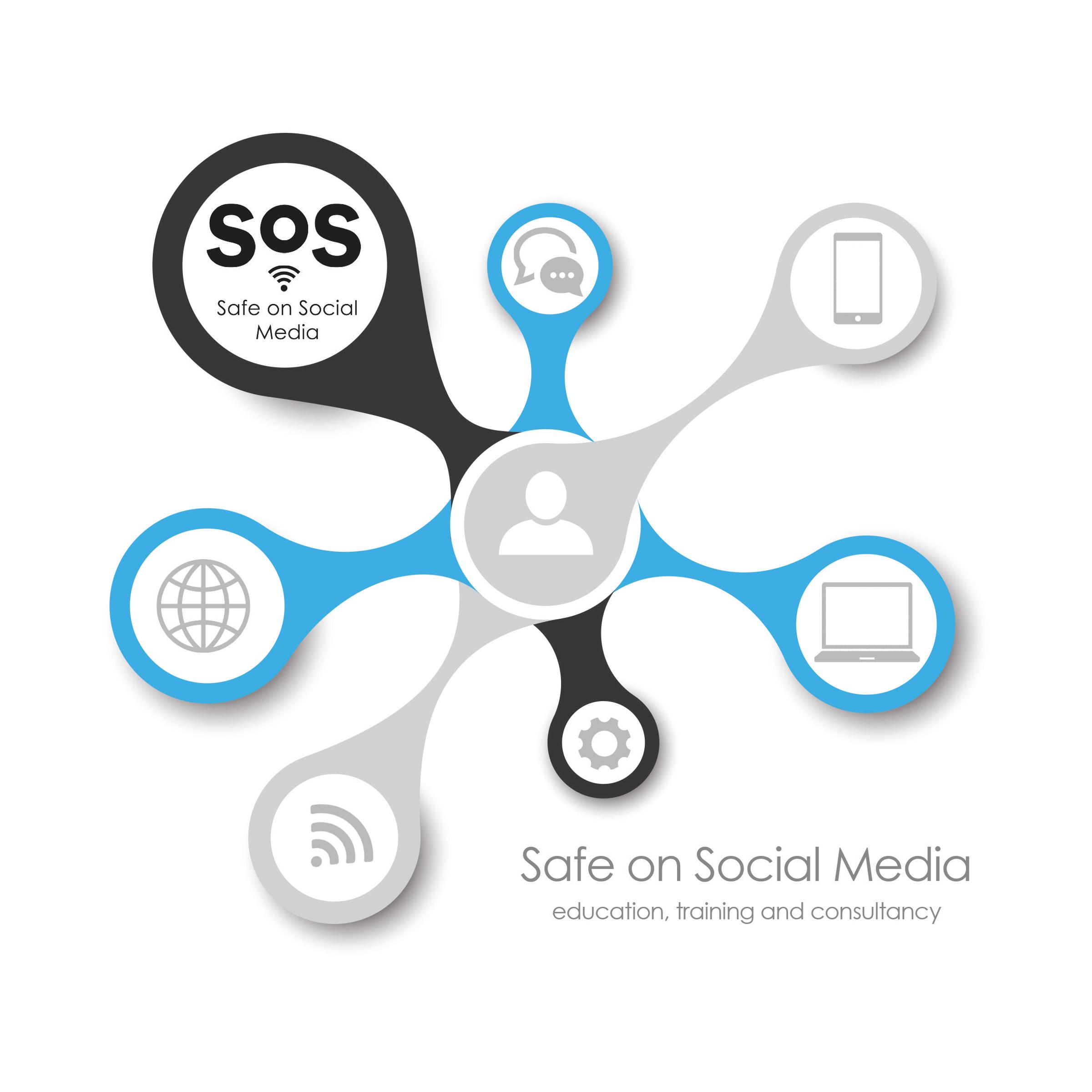Safe On Social Media

Don't say anything online that you wouldn't want plastered on a billboard with your face on it.
Erin Bury
Defamation of School Staff on Social Media.
The following information is not in direct response to anything that has occurred within our school context but is simply provided because there is always time in the school year for a reminder about things one should or should not say on Facebook pages, or Twitter, or Instagram. Especially on any school pages, and yes ,within school parent groups.
This applies particularly when the comments you post are public, and untruthful, and reference or make it very, very clear whom the individual you are talking about is.
Why? Defamation.
What you say online, when it isn’t true could end up costing you a lot of money and time. It could, and has driven parents and students into bankruptcy and years of debt because of the utterances they have made about staff online.
And the charges have even more chance to stick if what you have said can be proven in court to be injurious to a person’s reputation, or has affected their career or personal life.
If you doubt this read below.
About defamation. What it is?
Defamation law relates to the protection of a person’s reputation. When a person begins a lawsuit for defamation they believe their reputation had been wrongfully attacked, and are seeking damages for the harm that the attack has caused to them.
In matters offline, there have been a number of stoushes between schools and parents associations where the reputations of educators have been impugned upon publicly enough to cause problems.
But now there is social media, and the game is changing.
The big picture
Defamation law in Australia is a difficult, expensive, lumbering beast.
Parliament in NSW is currently weighing up if media companies, in particular, are actually liable for the comments their readers post on post online newspapers and on various social media platforms.
In fact, the whole nations defamation laws are being reviewed with the advent of social media, and the current floods of complaints flowing through the court system.
The media
It is the media that normally runs headlong into complex defences of public opinion and whether or not matters are published in a reasonable manner ( the standard of proof needed for a successful defence) but these legal matters have become increasingly cumbersome. And with social media, and the advent of the online warrior or troll, protections for so called innocent disseminators like Facebook or internet service providers are not as functional as they should be due to “drafting anomalies” (The Guardian 2018, Richard Ackland)
There are two types of damages that can be awarded for defamation.
Damages for non-economic loss are capped at $389,500 but when plaintiffs start referring to aggravated damages, there is no limit to the amount of money a court can decide to fine the defendant.
So commercial publishers are on their toes right now, of the back of lawsuits such as that conducted by Rebel Wilson against Bauer Media in the Victorian courts recently that saw her awarded in excess of 5 million dollars as a result of the courts determining her career had been damaged by the manner the journalists had portrayed here. While this sum was eventually reduced on appeal to $600,000, it suffices to say the industry got a scare at the initial size of the sum awarded. The legal fees involved would have been staggering for both parties.
For the sheer cost of pursuing such a matter in court, most cases are settled before, usually for impressive sums and public apologies.
A recent estimation of cases for defamation that have been settled out of court over the period from 2008 – 2017 see that over 70% of the time a plaintiff will settle outside court. There is a strong argument filtering through our legislature, and media circles that stories are not being reported due to the potential minefield of the defamation lawsuit.
So, the media has a problem. And there is a court case currently awaiting the verdict from a judge that combines the media and the social media platforms in a defamation suit. The outcome is being waited for with interest.
Dylan Voller vs News Corp, Fairfax Media (Nine) and The Australian News Channel ( ANC).
Dylan Voller who rose to media “fame”, with his abhorrent treatment in the NT Juvenile detention centres has elected to sue the three media giants for defamation.
On various official Facebook pages belonging to these corporations during the years of 2016, and 2017 there was a multitude of articles written about Mr Voller, The Royal Commission that followed regarding the treatment of Voller, and Mr Voller’s time in jail. Mr Voller is not suing over the articles though.
He is suing over the comment’s administrators and moderators of the media giants’ pages allowed to remain on their pages underneath the articles.
Readers shared their thoughts about Mr Voller – naming him a rapist, accusing him of beating a Salvation army officer, and casting serious unconfirmed aspersions against his character. They were nasty, unfair, unfounded and unpleasant.
The case is unique in Australia. The core question is revolving around whether the media companies should have known of the existence of these comments and by inviting individuals to comment, that they should have been aware there was a significant risk that there would be defamatory comments attached to the articles. Mr Voller claims there were avenues the companies chose not to take – such removing comments, closing comments sections, or moderating the comments.
This is being denied collectively by NewsCorp, Nine, and the Australian News Channel – they claim they were given no knowledge that such comments were posted and were blindsided when the court case manifested. Because Mr. Voller had made no request to them to take the comments down, or gave them no notice of his intended lawsuit they cannot be held liable.
It is impossible for a public business page to turn off comments completely within Facebook. But there are ways to hide them (complicated hacker ways), and even these are not 100% infallible, they don’t work all the time. Comments and videos can slip past and regularly do.
But if there are one or two posts that appear on an article that tend towards the defamatory there is definitely an argument that such articles comments could merit a closer level of moderation than normally applied.
How to report Cyber-Bullying
Statistics say that one in five Australian children aged 8 to 17yrs have been the target of cyber-bullying in the last year. Most social media networks have rules banning cyber-bullying and have complaints tools for reporting.
Firstly, take screenshots so you have evidence.
Then report and block the bully on whatever social media app is being used. Some social media sites can take up to 48hrs to remove the reported post but you MUST report through these channels before reporting to to The Office of the Children’s eSafety Commissioner.
Report it to The Office of the Children’s eSafety Commissioner by filling in the online complaints form at esafety.gov.au if the site does not act in 48hrs.
If the bullying is threatening someone’s life or involves child pornography immediately contact your local police station.
Everything you post on social media impacts your personal brand. How do you want to be known?
The Publicity Gal
